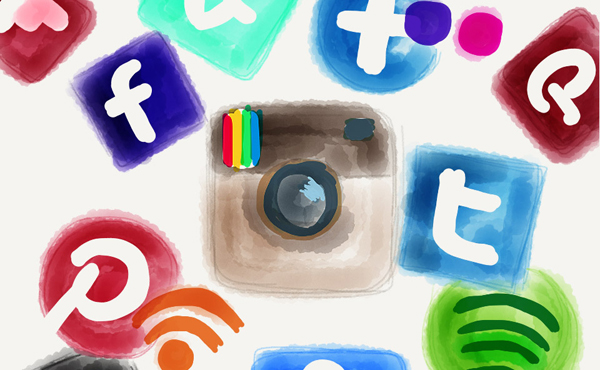
[Image above] Credit: Tanja Scherm; Flickr CC BY-SA 2.0
Though previous research has shown that scientists haven’t quite embraced social media (and that those who have fit into four distinct stereotypes), a recent study from the University of Wisconsin-Madison finds that researchers are more often turning to venues like Twitter to share their work—and their social media activity is paying big dividends.
According to a UW-Madison news release, the study, published in Journalism & Mass Communications Quarterly, finds that a researcher’s “h-index” (“measure of quality of a researcher’s work and influence”) is linked to their interaction online, specifically “whether the scientists interact with reporters and get mentioned on Twitter.”
“If you talk to reporters and you tweet about your research, your work is more likely to be cited than people who do one or the other,” says Dominique Brossard, one of the paper’s authors and a professor of life sciences communication at UW-Madison.
But it’s not just their own work that UW-Madison researchers are sharing. Though research is “time-intensive” and, as a result, has in the past been discouraged, the tide is turning. The university reports that close to a third of its faculty is using social media at least three times a week to also seek out the work of others and “find news and insights about science.”
“What this shows us is that sharing your science with the public is not hurting the science by stealing time,” says Brossard. “If the goal is to encourage people, ultimately to be productive scientists, and if directors of labs are discouraging people from engaging in this activity, they’re actually hurting the science itself. Because people who do this are cited more often in scientific journals, they’re making science accessible to broader audiences at the same time.”
Adds Michael Xenos, coauthor and chair of UW-Madison’s Communication Science department, “As in other areas, such as politics for example, social media was once met with skepticism but is increasingly part of the culture. Just like it became the norm there, our research shows it may one day become the norm in science.”
Some could ask whether a bump in “h-index” is really a matter of chicken and egg. Are you deemed more influential because you are mentioned on Twitter, or are you mentioned on Twitter because you are more influential?
“The counter argument is that it may be just the other way around—that it may just be the big names that get mentions,” says coauthor and UW-Madison professor Dietram Scheufele. “But then, the lesson should be that the most successful people in your field are also the ones that are good at getting outside the ivory tower. That should be something to emulate.”
“Everything is changing. The scientific publishing industry is changing,” adds Brossard. “Very traditional publications are embracing social media, and evidence is piling up that this method of communicating should soon seem traditional to scientists.”
Doctoral student Xuan Liang served as lead author of the paper, “(Scientists) Communicating science in new media environments,” (DOI: 10.1177/1077699014550092).
What do you think? Have you tried Twitter or linked up on LinkedIn? (You can find us on both as well as on Facebook, Google+, YouTube, and Flickr). Has it paid off—either in insight or h-index? Tell us in the comments.
